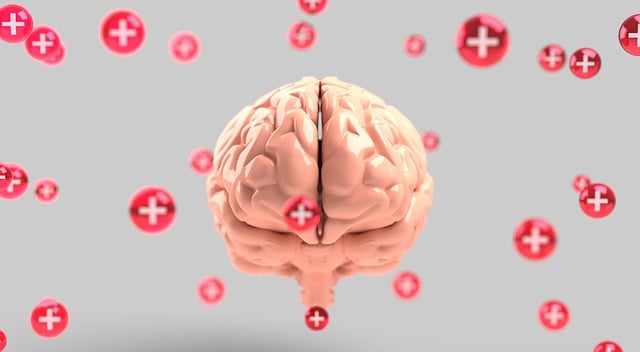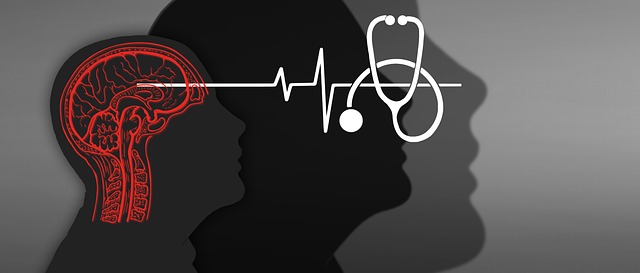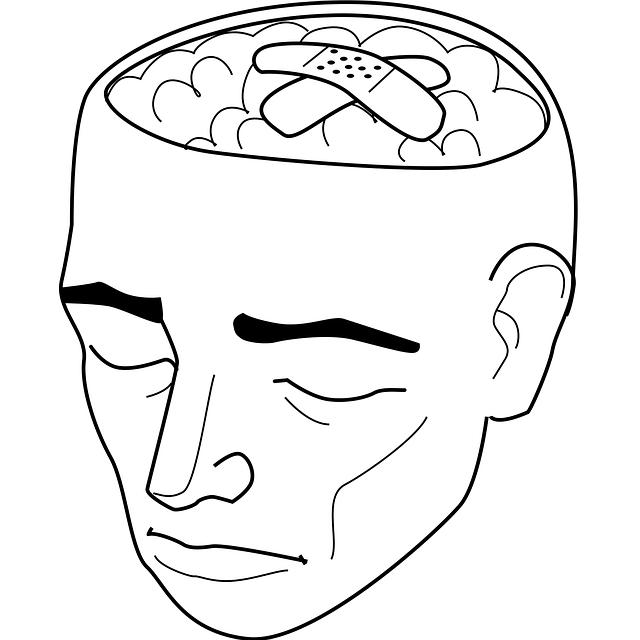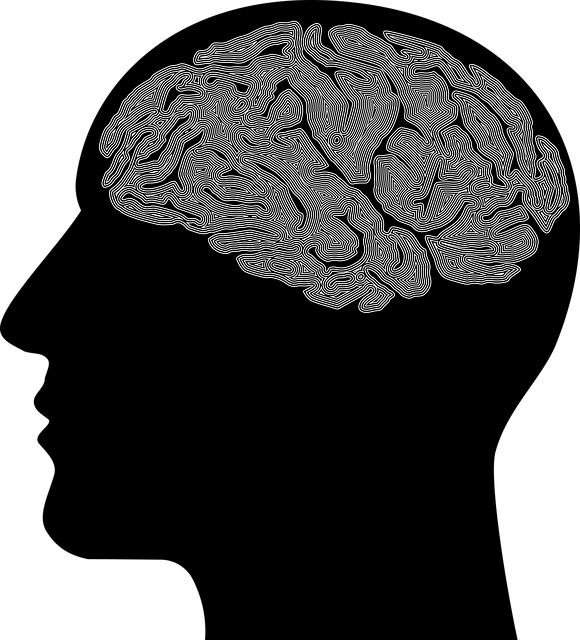Englewood Adolescent and Teen Therapy offers specialized counseling for loss, grief, and bereavement, focusing on stress reduction, community outreach, and developing effective coping skills. Their safe space allows teens to express emotions, process grief, and learn healthy mechanisms, promoting mental health awareness and reducing stigma. Using evidence-based techniques like CBT and mindfulness, therapists foster resilience and address underlying mental health concerns, ensuring long-term well-being. For intense or persistent grief impacting daily life, professional help is crucial; Englewood Adolescent and Teen Therapy provides vital support tailored to young individuals' unique needs.
Loss, grief, and bereavement are inevitable parts of life, yet their impact on individuals—especially adolescents and teens—can be profound. This comprehensive guide explores these complex emotions, emphasizing the crucial role of counseling in supporting young people through their journey. We delve into effective therapies like Englewood Adolescent and Teen Therapy, signs of complicated grief, and practical strategies used in sessions to help youth navigate loss healthily.
- Understanding Loss, Grief, and Bereavement: A Comprehensive Overview
- The Importance of Counseling for Adolescents and Teens
- Englewood Adolescent and Teen Therapy: An Approach to Support
- Identifying Signs of Complicated Grief in Youth
- Strategies and Techniques Used in Grief Counseling Sessions
Understanding Loss, Grief, and Bereavement: A Comprehensive Overview

Loss, grief, and bereavement are deeply personal experiences that impact individuals differently. Understanding these concepts is crucial for anyone seeking support or considering career paths in counseling, such as those offered at Englewood Adolescent and Teen Therapy. Loss refers to the absence of something valued, while grief is the emotional response to loss, often characterized by intense sorrow and longing. Bereavement, on the other hand, specifically pertains to the period after a significant death, during which individuals process their emotions and adapt to life without their loved one.
At Englewood Adolescent and Teen Therapy, our counselors employ various techniques to help clients navigate these complex emotions. This includes teaching effective stress reduction methods to cope with the overwhelming feelings associated with loss. We also emphasize the importance of community outreach program implementation to create supportive networks that foster healing. Additionally, our programs focus on developing coping skills to empower individuals in managing their grief and promoting long-term mental well-being.
The Importance of Counseling for Adolescents and Teens

For adolescents and teens navigating loss, grief, and bereavement, counseling plays a pivotal role in their emotional well-being. This age group often faces unique challenges when dealing with the death of a loved one, as they are still developing coping mechanisms and emotional regulation skills. Englewood Adolescent and Teen Therapy recognizes these complexities and offers specialized support tailored to meet the specific needs of young individuals.
Counseling provides a safe space for teens to express their feelings, process grief, and develop healthy strategies for managing their emotions. Through therapy, adolescents can learn mood management techniques, gain insights into their experiences, and work through any mental health concerns that may arise due to loss. By addressing these issues proactively, counseling contributes to Mental Health Awareness, plays a crucial role in Mental Illness Stigma Reduction Efforts, and equips teens with the resilience needed to thrive despite adversity.
Englewood Adolescent and Teen Therapy: An Approach to Support

Englewood Adolescent and Teen Therapy offers a specialized approach to support young individuals navigating loss, grief, and bereavement. This therapy focuses on creating safe and non-judgmental spaces where teens can express their emotions freely. Trained therapists employ evidence-based techniques tailored to adolescents’ unique needs, fostering resilience and coping mechanisms. By integrating communication strategies, the therapy encourages open dialogue about difficult feelings, helping teens process loss in healthy ways.
Beyond immediate support, Englewood’s approach also addresses underlying mental health concerns prevalent in bereaved youth. Through careful assessment and individualized plans, therapists aim to prevent or mitigate depression and other emotional challenges. Moreover, by engaging parents and caregivers in the process through Family Therapy sessions, the program ensures a holistic perspective that aligns with current Mental Health Policy Analysis and Advocacy recommendations, fostering long-term well-being for both teens and their support systems.
Identifying Signs of Complicated Grief in Youth

Many young individuals may struggle with complicated grief after experiencing a significant loss, and recognizing this can be essential for providing timely support. According to experts at Englewood Adolescent and Teen Therapy, signs of complicated grief in youth can manifest differently than in adults. They might exhibit intense emotional reactions, such as persistent sadness, anger, or guilt, which significantly impact their daily functioning. Changes in behavior, including social withdrawal, a loss of interest in activities once enjoyed, and difficulties concentrating, could also indicate a need for professional help.
The process of grief is unique to each individual, especially during adolescence when self-care practices and mental health awareness are developing. If a young person’s grief seems to hinder their ability to participate in everyday life, engage with peers, or maintain personal hygiene, it may be complicated grief. Engaging the support of therapists who understand the mind over matter principles that guide youth therapy can be pivotal in helping them navigate this challenging period.
Strategies and Techniques Used in Grief Counseling Sessions

Grief counseling sessions employ a range of effective strategies to help individuals navigate their emotions and heal from loss. One common approach is cognitive-behavioral therapy (CBT), which aids clients in identifying and challenging negative thought patterns associated with grief. Through this process, they learn to replace unhelpful thoughts with healthier perspectives, fostering a sense of resilience.
Englewood Adolescent and Teen Therapy professionals also incorporate compassion cultivation practices, encouraging individuals to develop self-compassion and empathy for themselves and others. This can involve mindfulness exercises and guided meditations that help clients connect with their emotions and cultivate a non-judgmental awareness. Additionally, burnout prevention strategies for healthcare providers are integrated to ensure therapists can support clients effectively while maintaining their own well-being, creating a safe and supportive environment for trauma support services.
Loss, grief, and bereavement counseling are vital components in helping adolescents and teens navigate challenging emotional landscapes. By understanding these complex emotions and utilizing evidence-based approaches like Englewood Adolescent and Teen Therapy, professionals can foster healing and resilience in young individuals. Identifying signs of complicated grief early on is crucial, as are implementing effective strategies during counseling sessions. Through dedicated support, teens can learn to process their losses, develop coping mechanisms, and eventually find solace and growth in the face of adversity.













